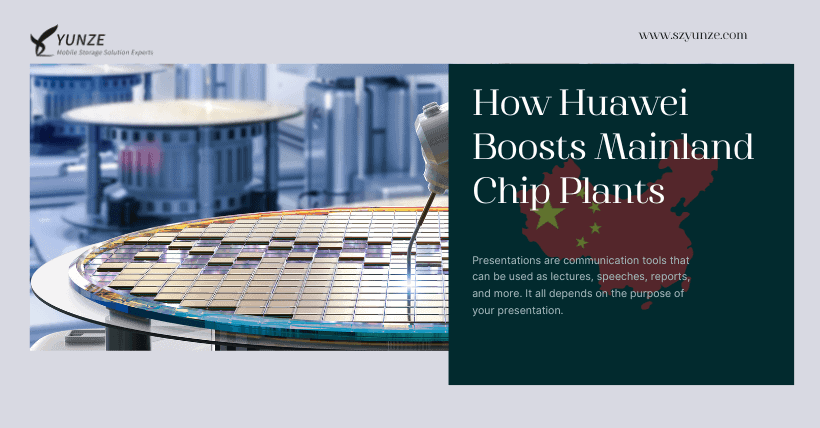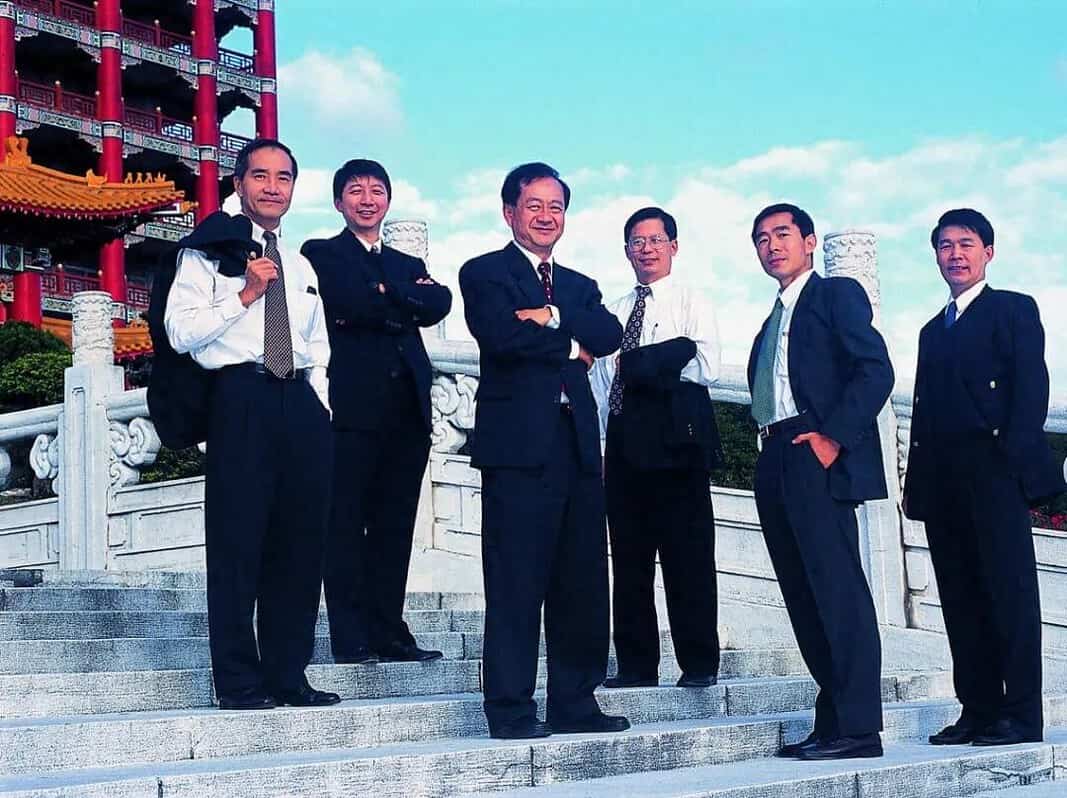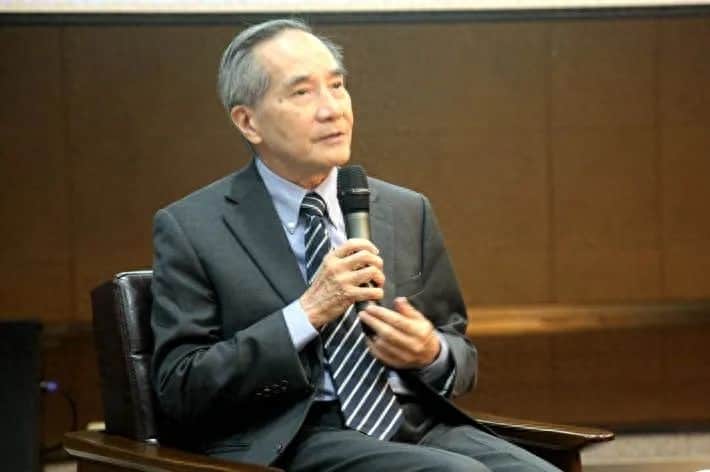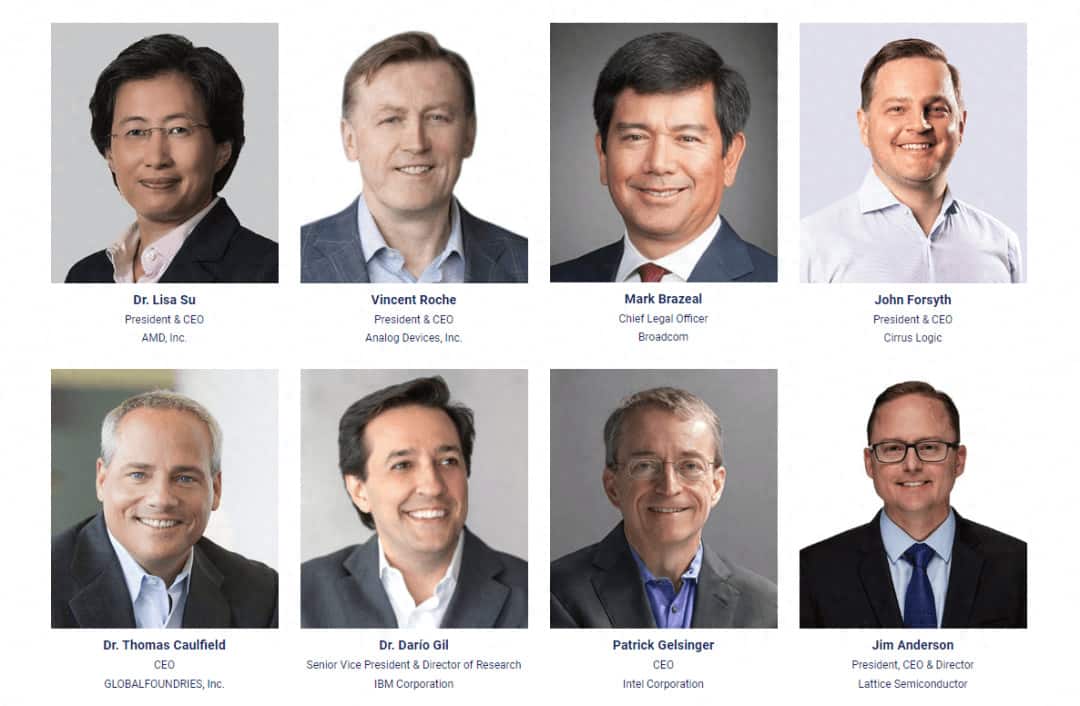
Introduction: According to Taiwan’s Central News Agency on September 13th, Lin Benjian, the “Father of Immersion Lithography” and former R&D Vice President of TSMC, recently stated at an event at Harvard University in the United States that U.S. export controls are driving technological self-reliance in mainland China, with Huawei’s latest smartphone serving as a prime example.

Over the past four years, Western countries have imposed continuous sanctions, escalated measures, and formed alliances. With the release of the Kirin 9000S, everything is quietly changing.
Not long ago, the chip master reported the ASML CEO’s initial assessment of the Kirin chip: an innovation forced out by the West. This industry heavyweight, who openly shares a similar opinion, is Lin Benjian, a key figure laying the foundation for ASML’s lithography technology roadmap, TSMC, and the entire semiconductor manufacturing industry.
Lin Benjian previously served as the Vice President of R&D at TSMC and was once one of TSMC’s ‘Six Knights of R&D,’ as mentioned in a tribute to the greats of TSMC by Liang Mengsong: ‘Always working with dedication.’ Currently, he is the Dean of the Semiconductor Institute at Taiwan’s Tsinghua University. He points out that due to U.S. restrictions, Huawei’s newly launched Mate 60 Pro smartphone uses homemade chips from mainland China, which perform slightly worse than TSMC’s 5nm chips. However, due to substantial orders, Chinese semiconductor foundries that previously couldn’t compete with TSMC have seized a ‘golden opportunity’ to improve yield rates, with estimates rising from 15% to 50%.

Lin Benjian believes that attempts to hinder mainland China’s progress will only assist them in achieving self-sufficiency, ultimately leading to competition with overseas suppliers. He states, “In short, containment is not the best approach.” During the meeting, Lin Benjian advocated for chip peace, warning that the global economy would pay a “painful price” for a chip war.
Drawing on the examples of the Vietnam War, Lin Benjian points out that the U.S. invested significant resources and suffered painful sacrifices without achieving its objectives. He argues, “If we engage in a chip war, the world economy will inevitably suffer a painful cost, and we cannot be certain whether we will achieve our goals. I believe this would be an unattainable objective.”
Taking into account the perspectives of both the influential ASML CEO and Lin Benjian, it can be summarized that the industry chain does not want a zero-sum game.
- First, based on the established fact that the technology has been breached, continuing to “break the chain” would mean losing major customers. The marginal benefits of sanctions are significantly diminishing while costs continue to rise, leading to dissatisfaction among shareholders and investors.
- Second, if mainland China gains momentum and establishes its own foothold, it could directly fracture the Western-dominated semiconductor industry chain. A “chip war” would lead to a systemic standoff akin to the Cold War, potentially resetting Western-established markets in mainland China (including existing mature technologies).
- Third, there is a belief that sanctions should avoid “extreme pressure,” as there is concern that excessive stimulation of mainland China could lead to instability in the Taiwan Strait, resulting in a situation where nobody has access to chips.

The contradictory mindset and attitude change are directly reflected in SIA (Semiconductor Industry Association of America), which represents the direct interests of the American semiconductor industry.
On August 23, before the exposure of Huawei’s new machine, SIA issued a warning to BIS (Bureau of Industry and Security of the U.S. Department of Commerce), which oversees the sanctions list, stating that China’s H company is establishing a series of secret chip manufacturing facilities to bypass U.S. sanctions and specifically named five other Chinese semiconductor companies.
On September 7, after the new machine was exposed, the president of SIA stated in an interview that no country can reverse the chip supply chain, and the semiconductor industry needs China. China is an important part of the supply chain and also has a very large customer base.
Harvard Business School Professor Willy Shih said that the overall technology trend is favorable to China, and if Huawei’s latest mobile phone can use China’s self-made 7nm chips, the related applications will be very extensive. ‘Their capabilities are strong and should not be underestimated.‘
Former President of the Industrial Technology Research Institute of Taiwan, Shih Chintai, said that mainland China has a large number of talents and has acquired basic capabilities after more than 30 years of external exchanges. Moreover, it has the determination to develop the semiconductor industry. ‘If the technological divide between China and the United States continues, I believe (the success of mainland China) is a matter of time.‘



